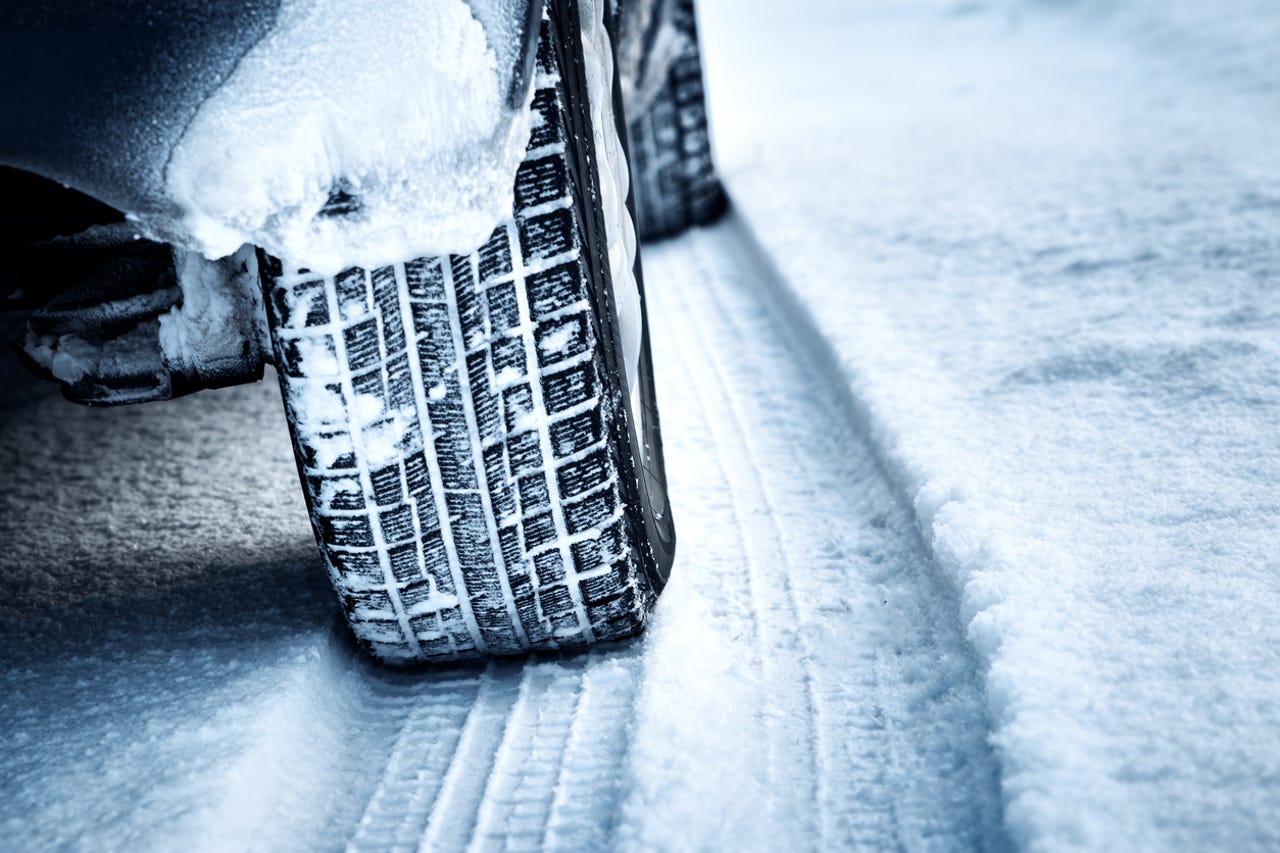































 Anna Grigorjeva - Getty Images/iStockphoto
Anna Grigorjeva - Getty Images/iStockphoto A bitterly cold arctic blast of air from Canada is expected to bring life-threatening cold to parts of the United States in the lead-up to Christmas, weather officials have warned.
Temperatures will plummet so low in some areas that exposed skin could suffer from frostbite in five minutes.
Also: The best extreme weather tech
And this is just the beginning, with temperatures in affected areas dropping 30 to 50 degrees below normal in the coming days.
There are many benefits to having an effective battery backup system for your home.
Read nowWinter is coming.
Whether you're someone who hunkers down when the weather gets bad, or you have to be outandabout, technology can make a difference. And while most of the time that difference is reducing a problem into an inconvenience, sometimes -- and I don't want to sound overly dramatic saying this -- it can be the difference between life and death.
Here's my plan of action. And while it changes as tech moves forward and I learn more, I find this covers most of the bases.
Note that you might need to cater for different types of emergencies. Maybe the power goes out for days or even weeks, or maybe flooding is a risk.
Also: iPhone 14 vs. Garmin inReach Messenger: Which SOS tech is right for you?
Let your personal experiences guide you!
I'm going to break these down into the essentials, and things that are nice to have, both for the home and in the car.
I will recommend some products that I have personally tested and use that I have found to be reliable (this is not the time to find out that something is unreliable!).
Also: The 5 best fire extinguishers
Also: The 5 best portable power stations
Also: The best portable jump starters
I've seen people superglue their hand to their face, smash themselves in the teeth with a hammer while trying to put up storm shutters, struggle for over an hour trying to start a gasoline generator that didn't have any gas in it, turn an expensive tent into a fireball attempting to refill a gasoline stove that was already lit, slice their hand open with a screwdriver, and settle down to read the instructions for some essential bit of kit as a massive storm approaches.
Add stress and fear into the mix, and you have the potential for a lot of chaos.
Not sure how your portable battery pack, generator, or new weather app works? The time to be figuring this out is now, not when you are hip-deep in snow and the lights are out.
Also: The 5 brightest flashlights
Oh, and now is a good time to download and print out any manuals you might need.
Also, the more you practice and use your gear, the more likely you are to remember you have it. I've known people forget that they have some useful bit of kit when an emergency hits.
It's not a failing, it's human nature.
Do this while you have power!
This is especially important if you live somewhere where the power is likely to go out.
Also, remember to charge up any portable battery packs and rechargeable batteries that you might have (you might not need them, but they may help a neighbor out of a bind).
For things I keep at home, I charge these up to 100%, and I have a power station and a couple of power banks that stay on charge all the time for such emergencies.
Also: The 5 best portable power banks
For things that I throw into the car and forget about for six months or a year, I charge these up to about 80%, as this is better for longer-term storage.
Here is a selection of websites that will let you do just that. You might also want to make a note of a local weather station and news site.
Also: The best generators
And here are a couple of apps to help you stay informed:
If you have big, cumbersome weatherproof cases for your smartphones and tablets that you don't normally use, now is the time to put them on.
Go on. No one will judge you!
Also: How to get water out of your phone
If you don't have a weatherproof case, then a Ziploc bag is better than nothing. And if you have one of those little bags of silica gel that comes with all sorts of things you buy, throw one or two of those into the bag with your device, as it'll help absorb any water that makes its way into the bag.
Fire, flood, theft. These can take your device, but if you have a backup, your data is not lost.
An off-site or cloud backup is preferable (even if "off-site" means keeping a drive at a friend or family member's house).
If all you have is an external hard drive or USB key, then that will have to do -- pop it into a waterproof bag to give it a fighting chance! Alternatively, you can invest in awaterproof and fireproof storage drive .
Also: The best external hard drives
My solution is to back up to the cloud using Backblaze, and also have local backups in awaterproof and fireproof RAID external unit for easy access.
It could save a life.
 Горячие метки:
Горячие метки: